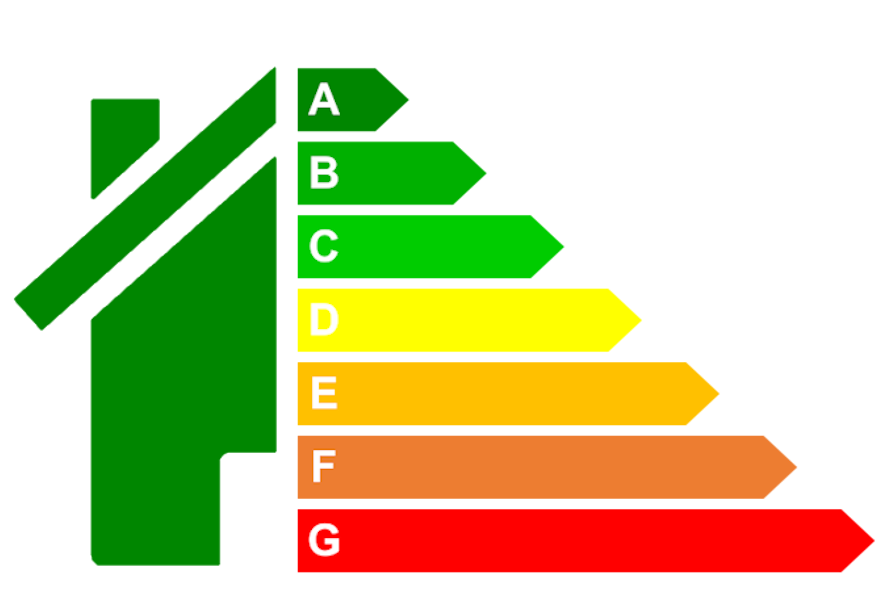Energy Performance Certificate

Your Trusted Partner in Energy Performance Certification
Energy Performance Certificate (EPC)
An EPC is an essential document that rates the energy efficiency of your property, required for selling or renting. Our certified EPC services are designed to provide fast, accurate, and fully compliant certificates.
An Energy Performance Certificate (EPC) provides a standardized measure of a building’s energy efficiency, rated on a scale from A to G:
- A indicates excellent energy efficiency.
- G indicates very poor energy efficiency.
Compliance with EPC regulations enhances sustainability, aligns with ESG goals, and contributes to the global Net Zero Initiative by reducing carbon emissions.
The National Energy Act (No. 34 of 2008) mandates EPCs to promote energy efficiency.
In 2020, the Department of Mineral Resources and Energy (DMRE) issued regulations requiring certain buildings to obtain EPCs. These regulations primarily apply to public and private buildings with a net floor area of over 2000m² (public buildings) or 1000m² (private buildings), including offices, shopping centres, and educational institutions.
Environmental, Social, and Governance (ESG) Principles are a cornerstone of sustainable business operations.
How PLE aligns EPC Services with ESG Principles and Net Zero Goals
How PLE aligns EPC Services with ESG Principles and Net Zero Goals?
Environmental
- EPC services highlight inefficiencies and provide actionable recommendations to reduce energy consumption and carbon emissions.
- Promoting the adoption of renewable energy solutions like solar PV systems supports decarbonization and aligns with the global Net Zero Initiative.
Social
- Improved energy efficiency enhances comfort, productivity, and well-being in buildings.
- Reducing grid dependency benefits communities by stabilizing electricity supply.
Environmental
- EPC services highlight inefficiencies and provide actionable recommendations to reduce energy consumption and carbon emissions.
- Promoting the adoption of renewable energy solutions like solar PV systems supports decarbonization and aligns with the global Net Zero Initiative.
Governance
- Ensures compliance with South African EPC regulations.
- Data-driven audits offer transparency and accountability in energy reporting.

The National Energy Act (No. 34 of 2008) mandates EPCs to promote energy efficiency.
In 2020, the Department of Mineral Resources and Energy (DMRE) issued regulations requiring certain buildings to obtain EPCs. These regulations primarily apply to public and private buildings with a net floor area of over 2000m² (public buildings) or 1000m² (private buildings), including offices, shopping centres, and educational institutions.
The certificate is valid for five years and must be issued by an accredited body certified by the South African National Accreditation System (SANAS). The process involves assessing a building’s energy consumption, comparing it to benchmarks, and calculating its efficiency rating.
Powering compliance, efficiency, and sustainability—one building at a time